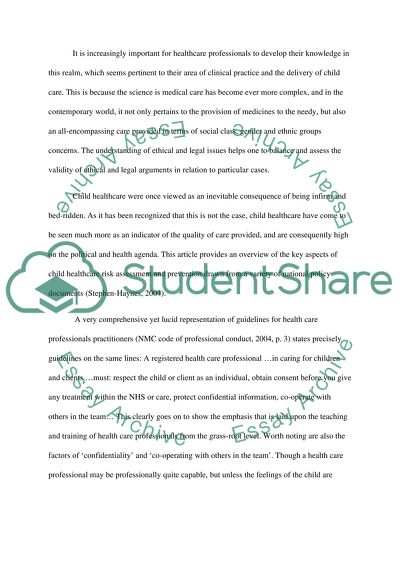Cite this document
(“Management of Child Healthcare Term Paper Example | Topics and Well Written Essays - 2000 words”, n.d.)
Management of Child Healthcare Term Paper Example | Topics and Well Written Essays - 2000 words. Retrieved from https://studentshare.org/health-sciences-medicine/1499891-medical-care-essay
Management of Child Healthcare Term Paper Example | Topics and Well Written Essays - 2000 words. Retrieved from https://studentshare.org/health-sciences-medicine/1499891-medical-care-essay
(Management of Child Healthcare Term Paper Example | Topics and Well Written Essays - 2000 Words)
Management of Child Healthcare Term Paper Example | Topics and Well Written Essays - 2000 Words. https://studentshare.org/health-sciences-medicine/1499891-medical-care-essay.
Management of Child Healthcare Term Paper Example | Topics and Well Written Essays - 2000 Words. https://studentshare.org/health-sciences-medicine/1499891-medical-care-essay.
“Management of Child Healthcare Term Paper Example | Topics and Well Written Essays - 2000 Words”, n.d. https://studentshare.org/health-sciences-medicine/1499891-medical-care-essay.


